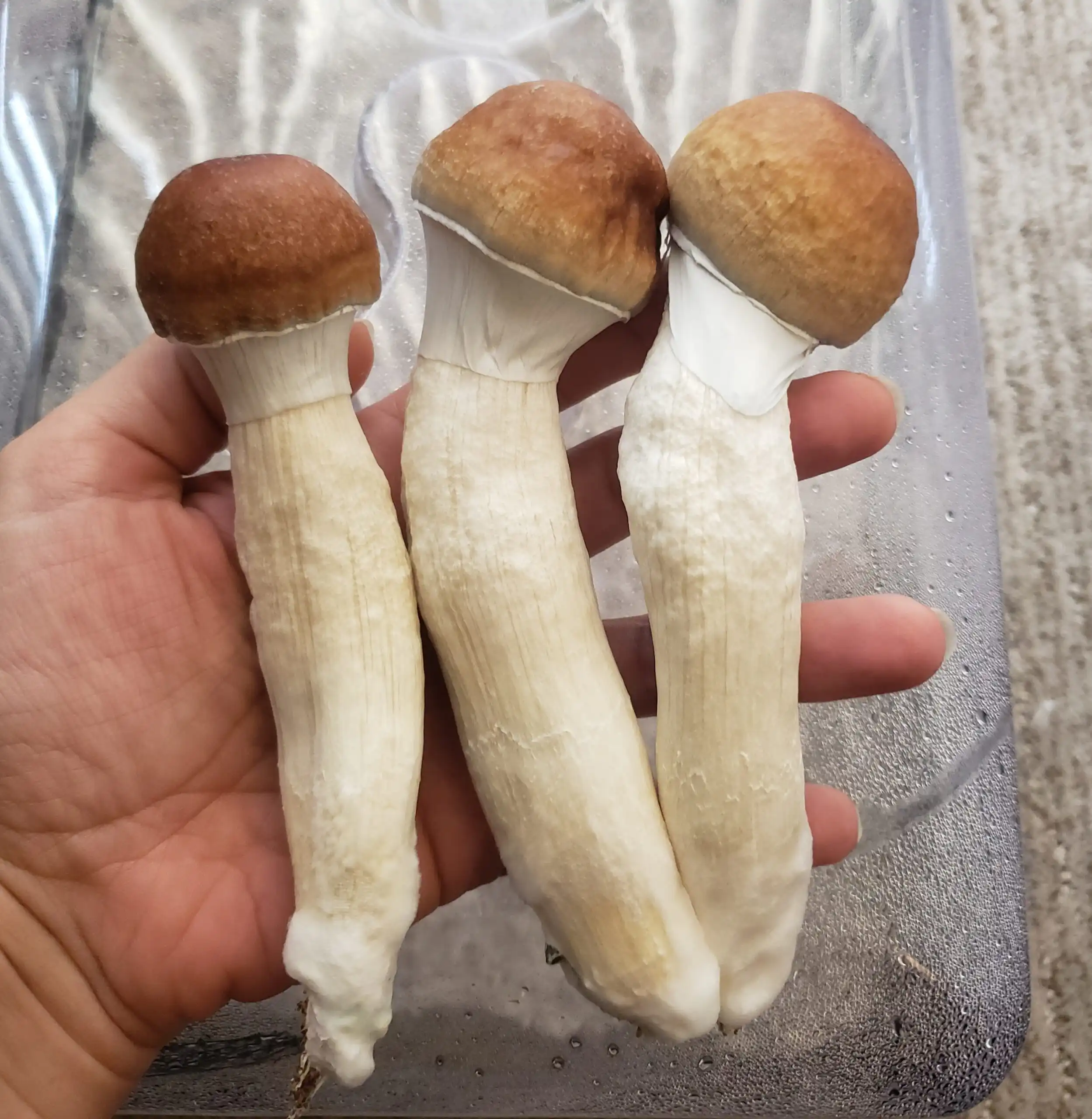Politics
Alaska Activists Submit First Signatures To Put Psychedelics Legalization Measure On 2026 Ballot

Proponents of a plan in Alaska to legalize certain psychedelics—including psilocybin, mescaline and DMT—have submitted an initial round of voter signatures as part of the campaign’s effort to put the proposed measure on 2026 state ballot.
Last month the group Natural Medicine Alaska, which is behind the would-be ballot initiative, announced on social media that organizers had submitted 230 voter signatures to state officials for validation.
“A heartfelt thank you to all our incredible volunteers across Anchorage, the Valley, and Talkeetna!” it said. “We couldn’t have done it without you!”
Provided that at least 100 of the filed signatures are deemed valid, state Lt. Gov. Nancy Dahlstrom (R) would then have 60 days to decide whether to certify the proposal for further signature gathering in order to qualify for the state ballot.
A policy outline explains the proposal as “building off of” Colorado’s voter-approved 2022 Natural Medicine Health Act, under which facilitators recently administered the state’s first legal dose of psilocybin.
In addition to establishing a licensed psychedelics industry in the state, the Alaska measure would legalize non-commercial use, cultivation and sharing of DMT, non-peyote mescaline, psilocybin and psilocin among adults 21 and older under a so-called “grow, gather, gift” model popular among psychedelic reform proponents.
The measure “shifts away from a restrictive healing center model, allowing individual practitioners to provide [natural medicine] in their offices and at-home facilitation, increasing accessibility in rural communities” common in Alaska, the organizers’ policy outline says.
Cultivation would need to take place in a space no larger that 12 feet by 12 feet and remain out of public view, and growers would be required to take reasonable steps to prevent access by minors
Transfers of psychedelics between adults, meanwhile, would need to occur without any form of payment.
Public consumption of the substances would be forbidden, subject to a civil fine of up to $100.
On the commercial side, Alaska would license healing centers—where certified facilitators would supervise psychedelic administration—as well as testing labs, cultivation facilities, product manufacturers, handlers and other related businesses.
The application round for licenses would need to begin no later than July 1, 2028.
Facilities would need to be majority Alaska-owned, with at least half of ownership held by residents of the state.
Traditional healers would also be protected under the proposed initiative for “ceremonial, spiritual, or cultural use of plant medicines” through legal exemptions to state drug laws. They would not need to hold a state license, the proposal says, “but must be certified or credentialed as a traditional practitioner.”
The system would be overseen by a Natural Medicine Control Board a “regulatory and quasi-judicial agency” that would be housed within the Department of Commerce, Community and Economic Development. It would include members from the public safety and public health sectors, as well as someone from a rural area, a representative of the natural medicine industry, an Alaska Native traditional healer, a professional practitioner of psychedelic-assisted therapy and someone either from the general public or the natural medicine industry.
A separate Natural Medicine Advisory Committee consisting of 15 members would make recommendations around the program. That body would include mental heath professionals, natural medicine therapists or researchers, tribal representatives, a physician, a military veteran, a first responder, healthcare experts and others.
As for traditional use, the measure would also create a Traditional Use Council to develop best practices and educational materials around Indigenous-based psychedelic use and harm reduction principles. That would include a separate credentialing or certification process that “may include consideration of lineage, apprenticeship, community recognition, and cultural practice, rather than formal clinical or academic training.”
In a social media post, Natural Medicine Alaska said it’s currently launching “a full statewide campaign to educate voters, build coalitions, and secure the support needed to pass this measure.”
It’s seeking $49 donations from supporters—intended to recognize Alaska as the 49th U.S. state—to help fund the effort.
“Alaska has always been the Last Frontier. With your support, we can make it the Next Frontier for healing-centered psychedelic policy reform,” the post says.
In a campaign video from February, the campaign said it sees “a future where natural medicines are available as an option to all who are seeking out healing and well-being, a future where education on these medicines empowers the Alaskan community with legalized personal use of psilocybin and other natural psychedelics.”
A poll last year found that nearly half (49.4 percent) of Alaska adults would support a ballot measure to more broadly remove criminal penalties for using substances such as psilocybin mushrooms.
That support rose markedly—to nearly two thirds (65 percent)—when participants were told that Alaska has high rates of mental illnesses that could potentially be treated with psychedelics.
Read the full language of the ballot initiative proposal below:
Photo courtesy of Wikimedia/Mädi.




